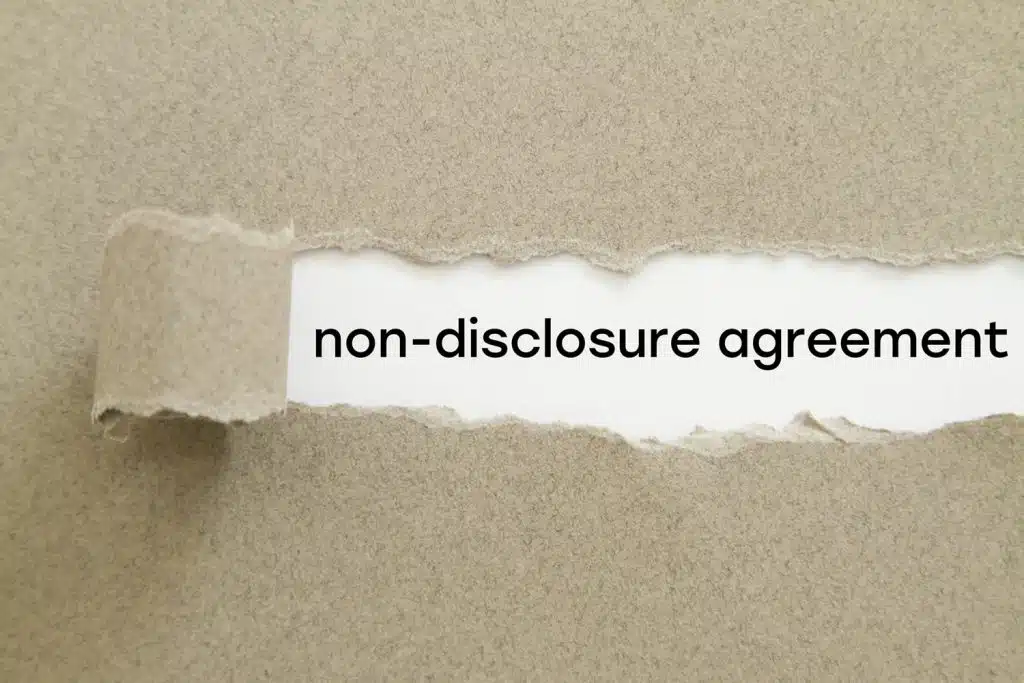Understanding what can be included in a contractor agreement
As an independent contractor, the person or business you do the work for is called the ‘hirer’ or sometimes the ‘principal’. The agreement between each party can be referred to as a ‘services contract’ or a ‘contract for services’. In non-legal language, it is often simply known as a ‘commercial contract’.
Agreements in this area can be varied and complex, so we advise contractors and hirers to seek professional legal advice. As a guide, however, the following is a base checklist to help the parties gain a better understanding of what can be included in an agreement and what each party’s respective obligations might be.
1. Status
First of all as a contractor, it’s important to etablish if you are to be considered an ‘employee’ or ‘independent contractor’ for a particular job. Knowing your official status is important for you as well as the hirer to manage your tax, superannuation and insurance.
2. Is the agreement in writing?
At Lawbase, we believe verbal agreements can be risky, so it’s always best to get an agreement in writing. If this is not possible, make sure there is at least some documentation that will help identify what was agreed. These can be emails, quotes, specifications and even notes about discussions.
3. Do you undertand the terms?
We’ve all seen agreements that appear to have been written in ancient Egyptian! It makes it easier for both parties to have an agreement written in plain English. Neither party should sign an agreement they don’t fully understand. Conversely, don’t use or agree with a ‘fill in the blanks’ pre-written agreement. Always check the fine print.
4. Is the basic information included?
Remarkably, this is not always the case. The agreement should identify each party to the agreement (including Australian Business Numbers), state what the contractor’s status is and be signed and dated by all the parties.
5. What, when and where!
In as much detail as possible, the agreement should state what work will be done, when the work will be done and where the work will be done.
6. Payments
The agreement should set out how payments will be made. For example, will they be fixed fee or hourly/daily rate? On the contractor side, we recommend care when terms only provide for payment on full completion of the agreement (except if the the agreement is for a short duration). We also recommend both parties consider payments for the completion of each stage i.e., progress payments.
7. Disputes
An agreement should outline a process to help resolve disputes quickly without having to go to court. Typically, the process requires informal discussion and negotiation between each party as the first stage, followed by alternative dispute resolution procedures if necessary.
At LawBase, we understand that independent contracting has become a common mode of working with organisations. As a result, it is has become even more important to seek professional legal advice before both parties enter into a formal agreement.
Get in touch
Fill in the form below and one of our team will be in touch. You can also phone 1300 149 140 during standard business hours.













